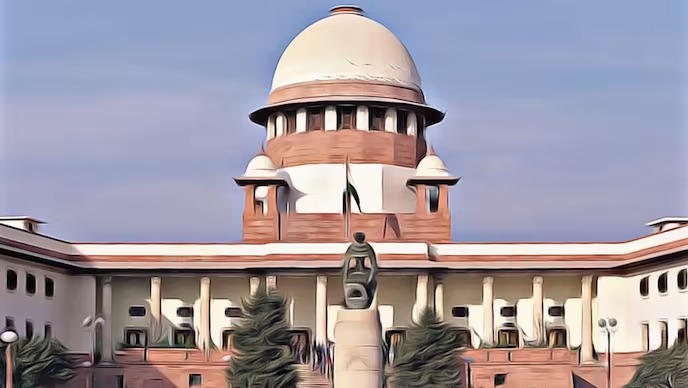Sukhdev Singh Kang, J.@mdashMohan Lal filed a petition u/s 9 of the Hindu Marriage Act, 1955 (for short, ''the Act'') for restitution of conjugal rights, on the plea that Smt. Kalp Shikha, his wife, had left the matrimonial home on 10th May, 1982, without his consent and without any sufficient cause and has not come back despite his best efforts The Respondent-wife appeared and resisted the petition. During the course of trial, she file an application that the petition should be dismissed, because Section 9 of the Act had been declared ultra vires the Constitution by the Andhra Pradesh High Court in T Sareetha v. T. Venkata Subbaiah. This plea prevailed with the learned trial Judge and (ride his order dated 19th November, 1982) he dismissed the petition u/s 9 of the Act, on the ground that Section 9 had already been struck down and the petition was not competent.
2. A learned Single Judge of the Andhra Pradesh High Court in T. Sareetha''s case (supra) held that the remedy of restitution of conjugal rights provided for by Section 9 is a savage and barbarous remedy violating the right to privacy and human dignity guaranteed under Article 21 of the Constitution and Section 9 of the Act which provides for a decree of restitution of conjugal rights'' was unconstitutional. The learned Judge gave detailed reasons in support of these conclusions.
3. The issue of constitutional validity of Section 9 was raised before the Delhi High Court in
4. I have perused the two judgments with the help of the Learned Counsel for the parties and regret my inability to concur in the view taken by P.A. Choudhary, J. in T. Sareeta''s case (supra). I am in respectful agreement with the ratio of the judgment in Smt. Harvinder Kaur''s case (supra).
5. For the reasons recorded in Smt. Harvinder Kaur''s (cast supra) I hold that Section 9 of the Act is not unconstitutional. In this view of the matter, the order of the learned trial Judge cannot be sustained. The appeal is allowed, and the case is romanced to the learned trial Judge for trial and decision. The parties through their respective Learned Counsel are directed to appear in the trial Court on 3rd September, 1984. There shall be no order as to costs.

